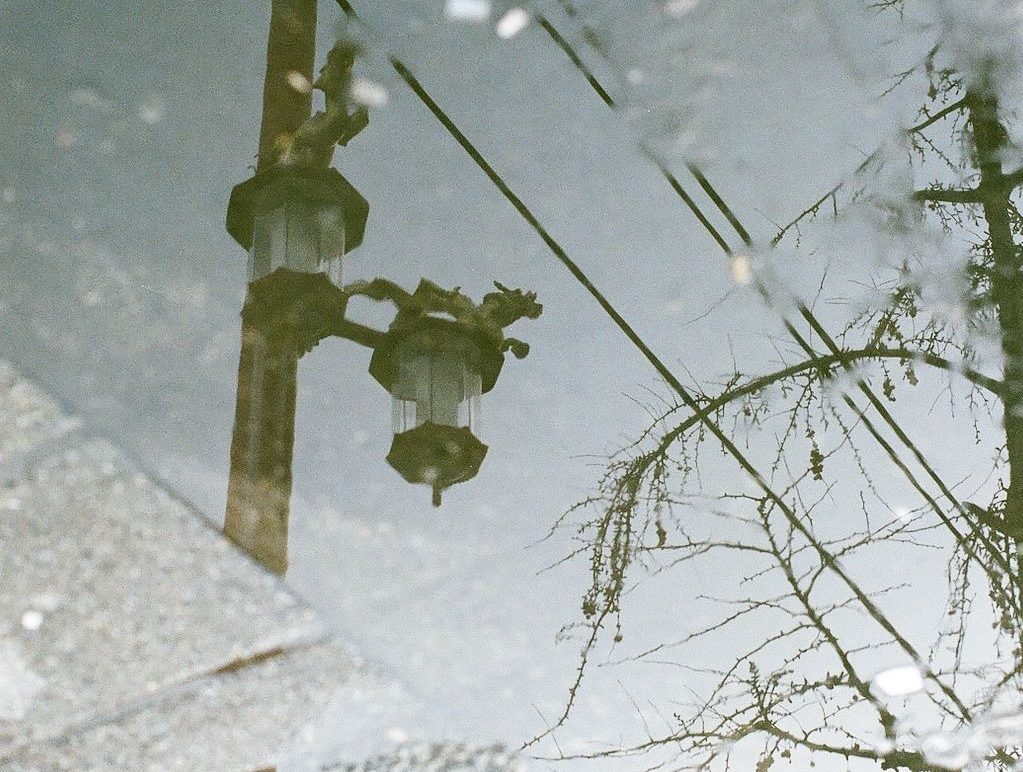An editor’s job is so hard, especially when the people that you are working with are as inspirational, eloquent, and thoughtful as the ones that I’ve been able to highlight on this journey for Asian Heritage Month. There are so many things that didn’t make it into the published content, and in some ways it makes me sad that you, dear reader, are not also able to come away with the many learnings and reflections that were shared with me over the course of the last month, in preparing for this project.
I think we are often so deep in the weeds of this work, especially for those of us who find ourselves brushing up against or leaning into what feels like immovable systems and structures. It can be hard for us to step back for a moment and think about or reflect upon the impacts that we have made, to really pull back and say, We did that! To pause and make time for joy, or to find joy in what is incredibly heavy work.
I am reminded of the way that nelli describes the importance of storytelling, and learning about history over food and karaoke. I think of the way that Kathleen refers to our spaces as ‘sandbox energy’, meaning the power to mold and shape the work that we do, but I think there is something to this analogy as well, around the playfulness and imaginativeness that we get to exercise.
In the middle of interviews for this project, I met up with a friend for dinner and was reflecting on this feeling, this sense of ‘Wow, I miss this’. And even though I have the privilege of being able to stay in touch with my community virtually, and even though I have had the privilege of working from home during a global pandemic, and even though I am very much an introvert who values COVID-safe ways of connecting, I’m not sure that there is a way to holistically replicate the full embodiment and experience of community online.
Especially for a community like ours, that is so rooted in place, and for whom a huge part of our culture and traditions is to physically be present with each other –whether that is attending an event or simply sharing a meal– it has made me question what is lost in the absence of shared space.
For diasporic communities in particular, this feels especially devastating: how do we root ourselves, when it feels like our roots have been torn up by being away?
Over our bowls of soup noodle and a shared plate of gai lan, my friend and I reflect on the ways that working from home have compressed our working lives to feel simply like work, rather than the full experience of shared humanity that comes with seeing each other in the day-to-day. For me, to schedule a Zoom meeting and book calendar time feels like a comparatively monumental ask, for what would normally be like popping my head next door for a quick question, or chatting as we walk down the street to get a coffee.
Lost are those moments of spontaneous or informal reflection, witnessing the growth of others, and in turn our own: walking each other to our bus stops in the evening, debriefing over congee noodle king after a town hall, or strategizing over egg tarts and milk tea at goldstone. As my friend put it, the multitudes that we truly gain from each other, in the shared span of walking half a block together, and how much of that I had taken for granted.
And maybe, in some ways, not being able to share all of what was said in these Asian Heritage Month interviews replicates some of that intimacy, a window into the moments when we are most vulnerable: when we are learning.
All of this is so rooted in the culture and traditions of my home, whether that is the home that I come from, or the home that I make.
And so for me, like Joanne, ‘there’s pain and there’s hope in knowing that there isn’t permanence’ to how we’ve come to be, and that there is power in defining for ourselves how we walk through Asian Heritage Month.
I had recently heard of the term ‘Irish goodbye’ or ‘French exit,’ where a person leaves a social gathering abruptly without telling anyone. But I yearn, instead and ever so deeply, for another ‘BIPOC goodbye,’ standing at the door or on a street corner for 15 minutes after saying we must depart, relishing in these last moments together.
Until we gather again,
christina ✨


